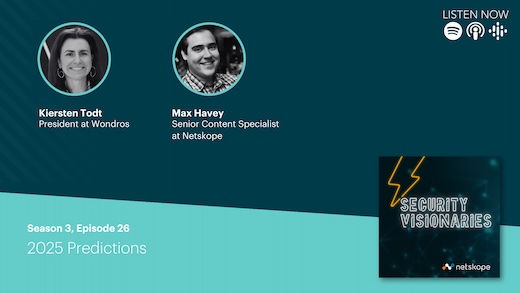Be the first to receive the Cloud Threats Memo directly in your inbox by subscribing here.
Charming Kitten (also known as APT35, TA453, Mint Sandstorm, Yellow Garuda) is a well-known prolific Iranian state-sponsored threat actor, particularly active through complex social engineering campaigns, against European, U.S., and Middle Eastern government and military personnel, academics, journalists, and organizations since at least 2014.
In their latest operation, unearthed by researchers at Proofpoint in May 2023, the threat actors targeted a nuclear security expert at a US-based think tank focused on foreign affairs. Following their usual modus operandi, leveraging complex social engineering lures, the attackers sent an email masquerading as a senior fellow with the Royal United Services Institute (RUSI) asking for a feedback on a project called “Iran in the Global Security Context” and requesting permission to send a draft for review.
In reality, the apparently innocuous email was the first stage of a sophisticated infection chain using a variety of cloud hosting providers to deliver a newly identified PowerShell backdoor GorjolEcho. More in detail, the initial email contained a malicious link to a Google Script macro that would redirect the target to a Dropbox URL. The familiar cloud storage server hosted a password-protected .rar archive enclosing a Windows shortcut LNK file disguised as a pdf document, “Abraham Accords & MENA.pdf.lnk”, which in turn used PowerShell to download additional stages of the backdoor from a cloud hosting provider.
For the record, the attackers also deployed a modified version of the GorjolEcho backdoor, named NokNok, and designed to target the MacOS operating system, but for the delivery of the NokNok backdoor, the threat actors decided to leverage traditional hosting providers and not a cloud storage service like Dropbox.
Another campaign that confirms the interest of state-sponsored threat actors for legitimate cloud services to add an additional layer of evasion to sophisticated multi-stage attack chains.
How Netskope mitigates the risk of legitimate cloud services exploited by opportunistic cyber criminals and state-sponsored threat actors
Dropbox (and Google Workspace that can be exploited to host documents containing malicious macros) are among the thousands of cloud services where the Netskope Next Gen SWG can provide granular access control, threat protection, and DLP capabilities, and also among the hundreds of cloud services for which instance detection is also available.
Organizations might decide to completely block unneeded cloud services, or simply prevent specific, potentially dangerous activities (such as “Download” or “Upload”) for the same services. For those cloud apps like Dropbox and Google Workspace where instance detection is also available, it is possible to configure a policy that prevents potentially dangerous activities for non-corporate instances only, in case corporate instances of these apps are needed.
Netskope customers are also protected against malware distributed from a legitimate cloud service and the web in general by Netskope Threat Protection. Netskope Threat Protection scans web and cloud traffic to detect known and unknown threats with a comprehensive set of engines, including signature-based AV, machine learning detectors for executables and Office documents, and sandboxing, including patient zero protection.
Netskope Cloud Exchange provides powerful integration tools to leverage investments across users’ security posture through integration with third-party tools, such as threat intelligence feeds and endpoint detection technologies.
Finally, Netskope Advanced Analytics provides specific dashboards to assess the risk of rogue cloud instances being exploited to deliver malware or the risk of becoming the target of anomalous communications, with rich details and insights, supporting security teams in the analysis and mitigation/remediation process.
Stay safe!




 Atrás
Atrás 





















 Lea el blog
Lea el blog